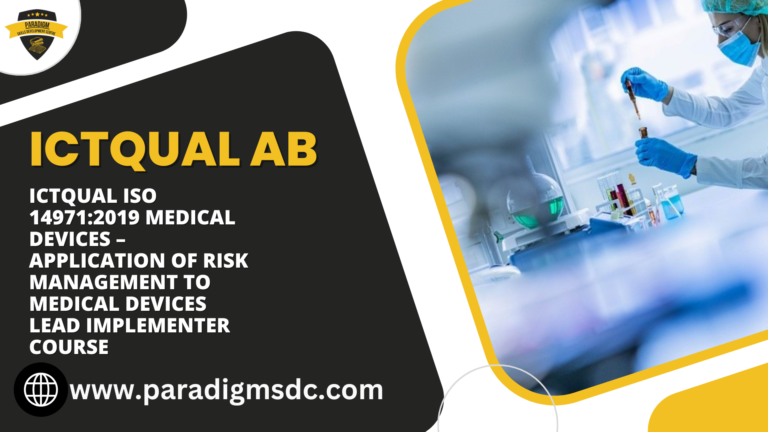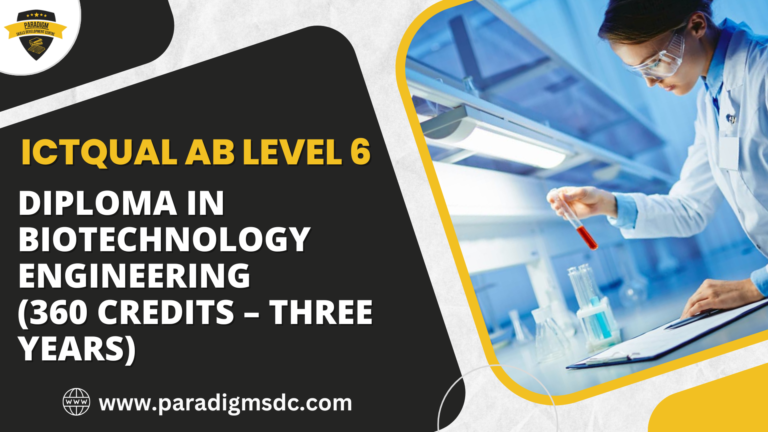Course Introduction
The ISO/IEC 27001:2022 ISMS Lead Auditor course is a globally recognized qualification that provides in-depth training on auditing information security management systems. This course is essential for professionals who are responsible for managing and auditing information security practices within their organizations. It focuses on developing the skills needed to plan, conduct, and report on ISMS audits in compliance with ISO/IEC 27001:2022 standards.
Course Overview
The course spans several days and combines theoretical knowledge with practical exercises to enhance learning. Participants will gain a thorough understanding of the ISO/IEC 27001:2022 standard, including its requirements, controls, and implementation guidelines. The course also covers auditing principles, techniques, and procedures, ensuring that participants can effectively assess an organization’s ISMS.
Course Study Units
- Introduction to Information Security Management Systems (ISMS)
- ISO/IEC 27001:2022 Requirements
- Information Security Risk Management
- Information Security Controls and Measures
- Audit Principles and Techniques
- Conducting ISMS Audits
- Audit Reporting and Follow-up
- Professional Ethics and Conduct
Learning Outcomes
By the end of the course, participants will be able to:
- Introduction to Information Security Management Systems (ISMS):
- Understand the fundamental principles and concepts of Information Security Management Systems (ISMS).
- Explain the importance of implementing ISMS in organizations to protect information assets.
- Recognize the benefits of aligning with international standards such as ISO/IEC 27001:2022 for managing information security effectively.
- ISO/IEC 27001:2022 Requirements:
- Describe each clause of the ISO/IEC 27001:2022 standard and its significance in ensuring information security.
- Interpret the requirements of ISO/IEC 27001:2022 related to information security policies, risk assessment, controls, and continual improvement.
- Apply the principles and requirements of ISO/IEC 27001:2022 to develop, implement, and maintain an effective Information Security Management System (ISMS).
- Information Security Risk Management:
- Identify information security risks and vulnerabilities within an organization’s environment.
- Conduct risk assessments to evaluate the likelihood and impact of identified risks on information assets.
- Develop risk treatment plans and implement controls to mitigate information security risks effectively.
- Information Security Controls and Measures:
- Understand common information security controls and measures used to mitigate risks.
- Evaluate the effectiveness of information security controls in addressing identified risks.
- Select and implement appropriate controls based on risk assessment findings and organizational requirements.
- Audit Principles and Techniques:
- Understand the fundamental principles and objectives of auditing, including audit planning, conducting, and reporting.
- Apply auditing techniques to gather evidence, assess compliance, and identify areas for improvement within an ISMS.
- Demonstrate proficiency in audit documentation, including audit plans, checklists, and audit reports.
- Conducting ISMS Audits:
- Prepare for and conduct ISMS audits effectively, including scheduling, scoping, and resource allocation.
- Conduct on-site audit activities, including interviews, document reviews, and observations.
- Identify nonconformities, document audit findings, and make recommendations for corrective actions.
- Audit Reporting and Follow-up:
- Prepare clear and concise audit reports that communicate audit findings, conclusions, and recommendations effectively.
- Follow up on audit findings to ensure the implementation of corrective actions and monitor their effectiveness.
- Close out audit engagements and provide feedback to auditees and stakeholders to facilitate continuous improvement.
- Professional Ethics and Conduct:
- Adhere to ethical principles and standards for auditors, including integrity, objectivity, confidentiality, and professional behavior.
- Recognize and address ethical dilemmas and conflicts of interest that may arise during auditing activities.
- Apply ethical principles to ensure fair and impartial auditing practices and maintain the trust and credibility of the audit process.
Course Benefits
- Global Recognition: Gain a globally recognized qualification that enhances your professional credibility.
- Enhanced Skills: Develop critical auditing and information security management skills.
- Career Advancement: Open up new career opportunities in information security and auditing.
- Organizational Improvement: Contribute to the improvement of your organization’s information security practices.
- Networking Opportunities: Connect with other professionals in the field and expand your professional network.
Who Is This Course For?
- Information Security Managers: Professionals responsible for managing information security within their organizations.
- ISMS Auditors: Individuals who conduct ISMS audits or are looking to transition into an auditing role.
- IT Professionals: IT managers, consultants, and staff involved in information security.
- Compliance Officers: Professionals responsible for ensuring organizational compliance with information security standards.
- Risk Managers: Individuals managing information security risks within their organizations.
Future Progression
Upon completing the ISO/IEC 27001:2022 ISMS Lead Auditor course, participants can pursue further professional development and certifications, such as:
- ISO/IEC 27001:2022 Lead Implementer: Focuses on implementing and managing an ISMS.
- Certified Information Systems Auditor (CISA): A globally recognized certification for information systems auditors.
- Certified Information Security Manager (CISM): Certification for managing and overseeing enterprise information security programs.
- ISO 9001 Lead Auditor: Expands auditing skills to quality management systems.
- Advanced Information Security Courses: Specialized courses in various aspects of information security.
Enrolling in the ISO/IEC 27001:2022 ISMS Lead Auditor course is a significant step towards enhancing your expertise in information security management and auditing. Equip yourself with the skills to protect your organization against information security threats and ensure compliance with international standards.







